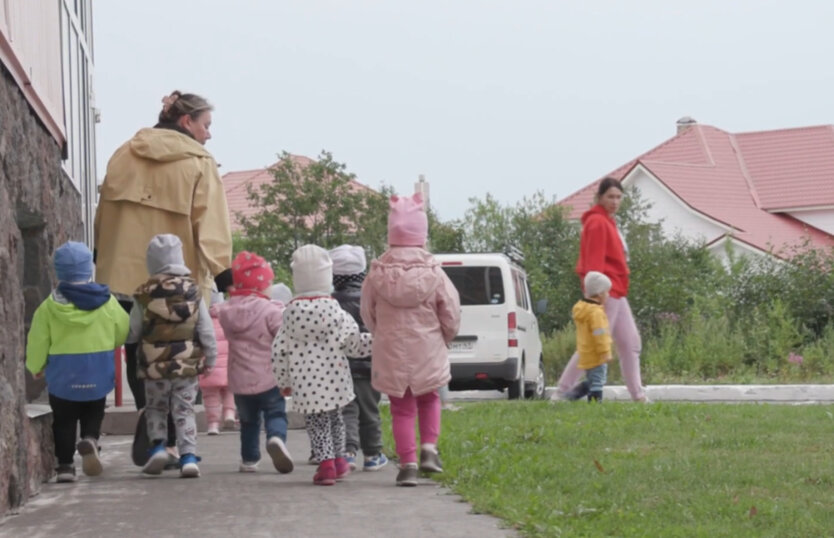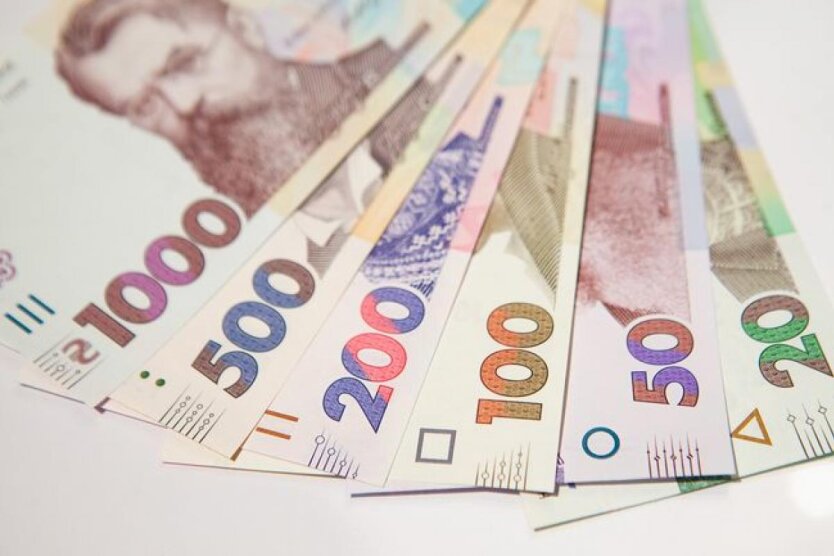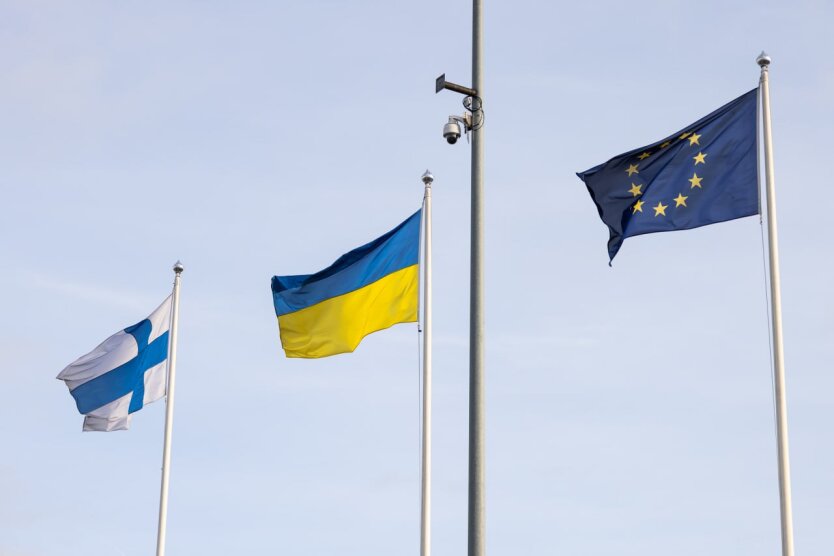Preschool in a New Way: Ukraine Will Radically Change Preschool Education.


Ukraine Implements New Law on Preschool Education from 2025
In July this year, the Verkhovna Rada passed a new law on preschool education, which will come into force on July 7, 2025. This step is part of the country's European integration processes and aims to achieve 96% coverage of preschool education for children aged three to six years, which corresponds to the recommendations of the Council of Europe.
According to 'Mirror Weekly,' Yevhenia Smirnova, Deputy Minister of Education and Science of Ukraine responsible for preschool education, outlined the key changes and innovations provided by the law. According to her, preschool education could have an almost immediate impact on the country's economy, allowing parents to confidently leave their children in kindergartens and return to work.
One of the main innovations will be the introduction of alternative types of preschool institutions. Among them are mobile kindergartens, which are specially equipped buses that will operate on a schedule between settlements. This solution is particularly relevant for regions with a large number of destroyed institutions, such as Dnipropetrovsk, Kherson, and Mykolaiv.
Additionally, it is planned to create family (domestic) kindergartens located in private houses or apartments adapted for providing educational services. This model, successfully operating in Germany, Ireland, and France, is suitable for small groups of children and allows for creating a home-like atmosphere.
Furthermore, the law provides for the opening of mini-kindergartens for up to five children, centers of pedagogical partnership to assist parents in raising children who do not attend kindergarten, and child development centers providing additional educational and psychological-pedagogical services.
An interesting innovation will be preschool hubs – small groups of children at various institutions, including libraries, ministries, and even business organizations. This will allow employers to engage parents of young children in the workforce.
The new law also establishes the possibility of remote and blended learning in preschool institutions, which has become relevant in the context of war and the COVID-19 pandemic.
An important aspect of the reform will be the mandatory study of English by children aged 5-6 in all preschool institutions in the country from September 2026. To achieve this goal, the Ministry of Education has developed a program for training educators, which includes free courses in the English language and methods for teaching it to preschoolers.
The new law provides measures to increase salaries and improve working conditions for educators. It is planned to reduce the pedagogical workload, which will allow teachers to receive higher pay for the same amount of work with children. The average salary of educators will range from 9382 hryvnias for a young specialist without a category to 13,325 hryvnias for a highest category educator.
Funding for preschool education will be provided from local budgets, but the government plans to support communities in issues of child safety, in particular, in financing shelters in eight front-line regions.
Smirnova emphasized that working groups have been formed to implement the law, which will develop the necessary regulatory acts within a year. All developed documents will be published for public discussion, which should ensure qualitative changes in the field of preschool education in Ukraine.
Earlier, Minister of Education and Science of Ukraine Oksen Lisovyi said when teachers' salaries will be 'doubled.'
Read also
- Scholarship and Guaranteed Employment: The Admission Campaign for Vocational Schools Begins in Ukraine
- Men's Exit Abroad: Lysovyi Discussed Possible Easing of Travel Restrictions
- The Ministry of Education initiates changes in mobilization for certain educators of extracurricular educational institutions










